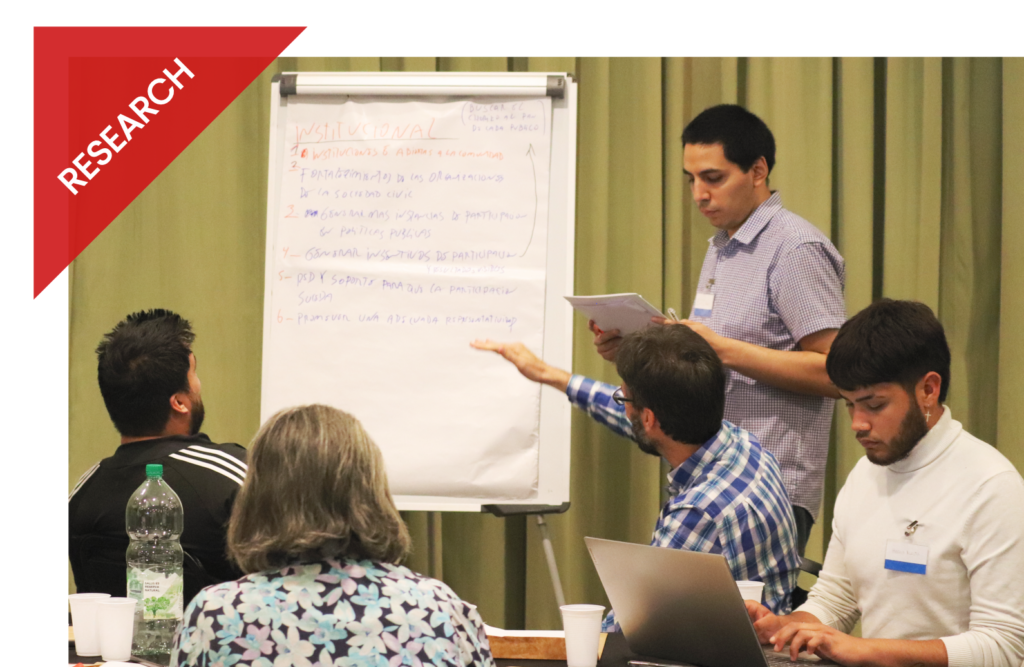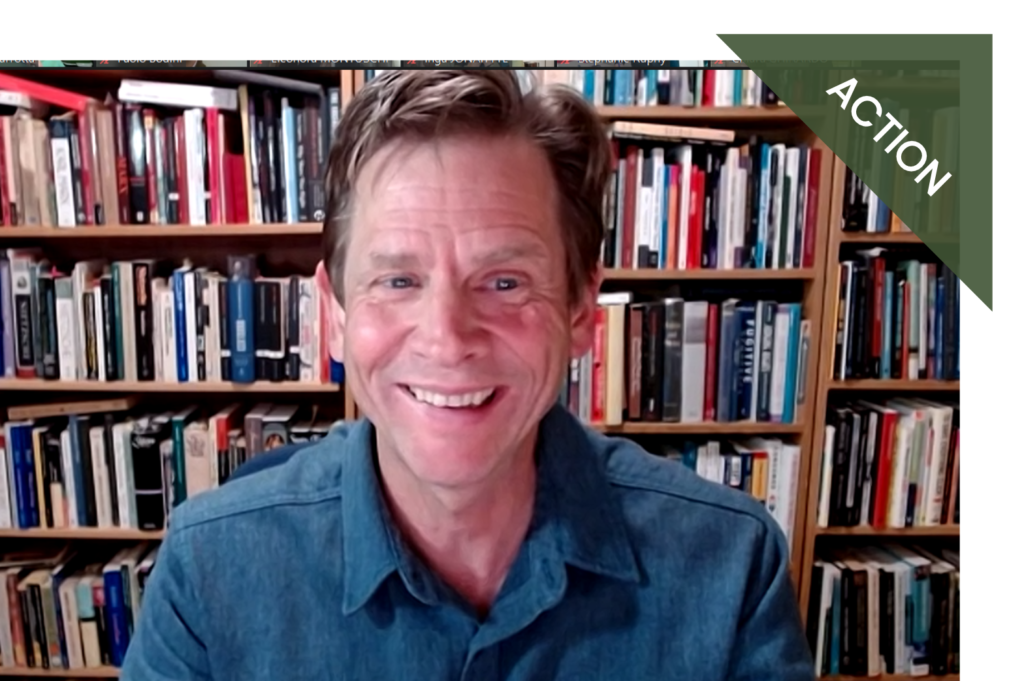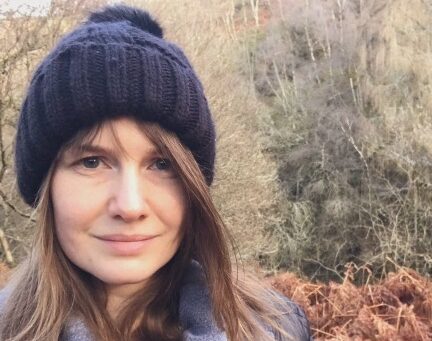December, 2023
December, 2023
Welcome to our last 2023 edition! We introduce the article produced by Work Package 4, currently in press at the magazine “IEEE Technology and Society”. In addition, we present the two last episodes of our webinar series “Inclusion, Science and Democracy”!
Research
Beyond Data: an article on the Democratic Potential of Citizen Science

A short article is in press at IEEE Technology and Society, authored by a team from Work Package 4, with leader Anna Domaradzka and contact person Magdalena Roszczynska-Kurasinska.
Titled “Beyond data: Recognizing the democratic potential of citizen science”, it discusses the potential of citizen science in public life in the light of the empirical research from WP4.
It pays particular attention to the deployment of citizen science approaches in efforts sponsored by local public administrations.
The article takes stock of the potential, but also counterbalances it with a discussion of some of the emerging and persistent challenges in achieving it. It concludes offering a set of 10 best practice recommendations to help overcome the observed barriers.
The article will be later uploaded to our section Publications! Stay tuned to read the full version!
Action
Argumentation, Polarization and Civic Engagement
“Democracy, Diversity, and Trust in Experts”
Talk by Mark Brown (California State University, Sacramento) was held on 30th of November.
Political scientist and ISEED Advisory Board member Prof. Mark Brown delivered the second-last talk of the series, reflecting on the nature of trust in scientific expertise and evidence in contemporary Western politics. His analysis takes stock of the difference between trusting science and trusting politics.
For a very long time the distinction could be made between a deferential trust paid to scientific expertise and a sceptical distrust in political expertise. Brown observes how the increasing polarisation in contemporary politics, and the proliferating contestation of scientific evidence for political gain is bringin about a blurring of the long-standing distinction.

One issue is that polities are struggling to understand how to de-escalate the risky game where politics is always ready to undermine and block the progress that scientific discoveries could unlock. In this light, calls for ‘following the science’ are almost always only empty rhetorical devices, and all sides are observed undermining trust in scientific expertise, selectively turning a blind eye to evidence for short-term gain.
The way out of this conundrum is likely involve the strategic pursuit of diversity as a key resource for democratic renewal. Aligning experiential expertise with scientific expertise should provide the opportunity for the development of new deliberative resources.
Watch the full webinar with Mark Brown on the Youtube link to the left!
“Lived Experience Storytelling as a tool for enhancing Local Democracy“
Talk by Hayley Trowbridge (Cardiff University), on 7th of December.
In the sixth and final episode of ISEED “Inclusion, Science & Democracy” webinar series, Hayley Trowbridge – research fellow at Cardiff University, CEO of People’s Voice Media, and ISEED Advisory Board member! – draws upon project examples of lived experience storytelling as a tool to support participatory processes and strengthen democratic institutions.
Community reporting, is a method for supporting citizen participation in research, policy making, service development, and decision-making processes, that is based on three phases: gathering stories, curating stories, and mobilizing stories.

Trowbridge talked about two different instances of the use of community reporting in real-life projects: the COSIE project, about the creation of collaborative partnerships between service providers and citizens; and the EUARENAS projects, investigating cities as arenas of political innovation and examining how to strengthen engagement with a democratic public sphere.
Observing resistance to community reporting in the form of dismissive attitudes and institutional inertia, Trowbridge calls for a shift from the bias towards quantitative data, the recognition of the value of lived experiences for what they can bring to the table, and the challenging of established, negative engagement methods.
Watch the full webinar with Hayley Trowbridge on the Youtube link to the left!
Text: Chiara Lovati, Niccolo Tempini, Sarah Santos
Edit: Sarah Santos and Sophia Efstathiou
Last updated: 21/12/2023
Subscribe to the ISEED Newsletter!
Receive recent and relevant topics on Citizen Science every month.


